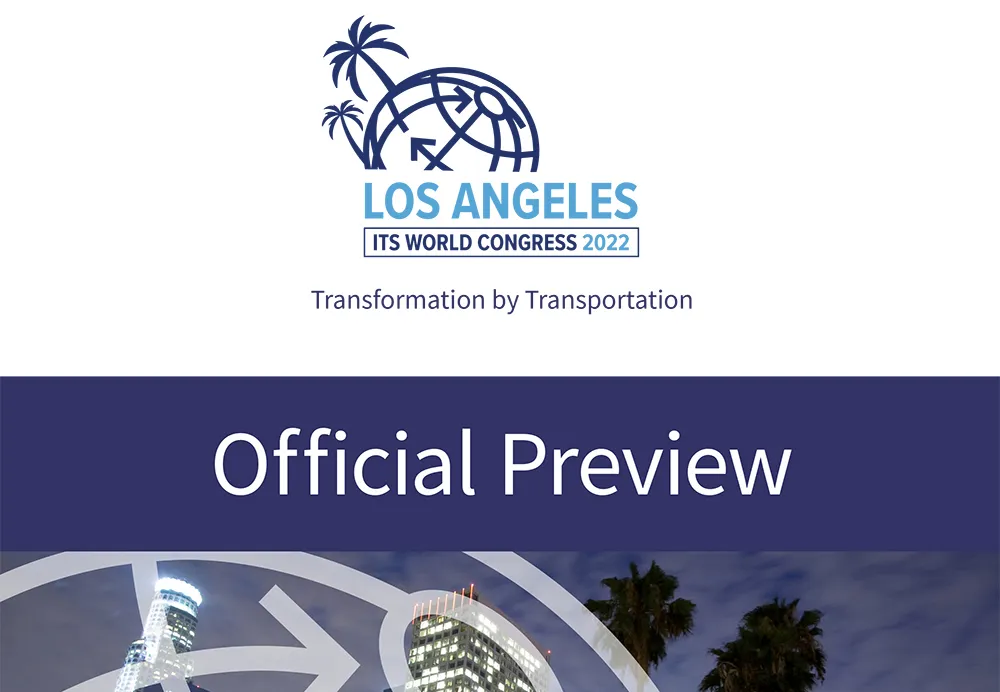
Movmi, in collaboration with EIT Urban Mobility and Loud Mobility, is to host a three-day shared mobility summer school in London, UK.
From Mindshift to Modeshift takes place 20-22 August, 2024, and is designed for urban transportation professionals and to address critical aspects of shared mobility, future growth potential and behaviour change.
The programme will comprise a mixture of theoretical knowledge, practical insights, and networking opportunities with senior professionals, policymakers, and local experts.
Register here for more details.
Sessions will be led by industry leaders such as Sandra Phillips, founder & CEO of Movmi, who will discuss design biases in transportation, and shared mobility expert Michael Glotz-Richter, who looks at regulatory challenges.
Georgia Yexley, founder of Loud Mobility, will share strategies for increasing the adoption of shared mobility while proactively decreasing transport inequalities for historically excluded demographic groups.
Participants will receive a certificate by EIT Urban Mobility that can be applied towards professional development credits.
The course takes place at Loud Mobility's Clubhouse, and is capped at 25 participants.
"This programme presents a unique opportunity to share best practices with an international and diverse cohort," says Yexley. "Hosting this event at our headquarters in Camden, London—the epicenter of shared mobility in our capital—allows us to fully leverage 'the clubhouse' as a dynamic space for collaboration across diverse skill sets, expertise and interests."
Phillips explains: "Students get to learn from global case studies while also meeting local experts and speakers. Students are divided into groups at the beginning of the three days, mixing different backgrounds together. They will each work through a case study based on submissions from the students and will have to present their solution at the end in a town hall, trying to secure stakeholder support."
Students can provide instructors with topics before the course which will then be covered, she adds. Each day will end with students sharing their takeaways of the day with the instructors and saying what they want to learn more about. Instructors will incorporate that feedback either during the next day or by providing background materials after the course is complete, Phillips says.
The school will host dinners which will bring students together with the local community. Each dinner is under a specific theme which will allow students to debate with local experts, including Transport for London.










